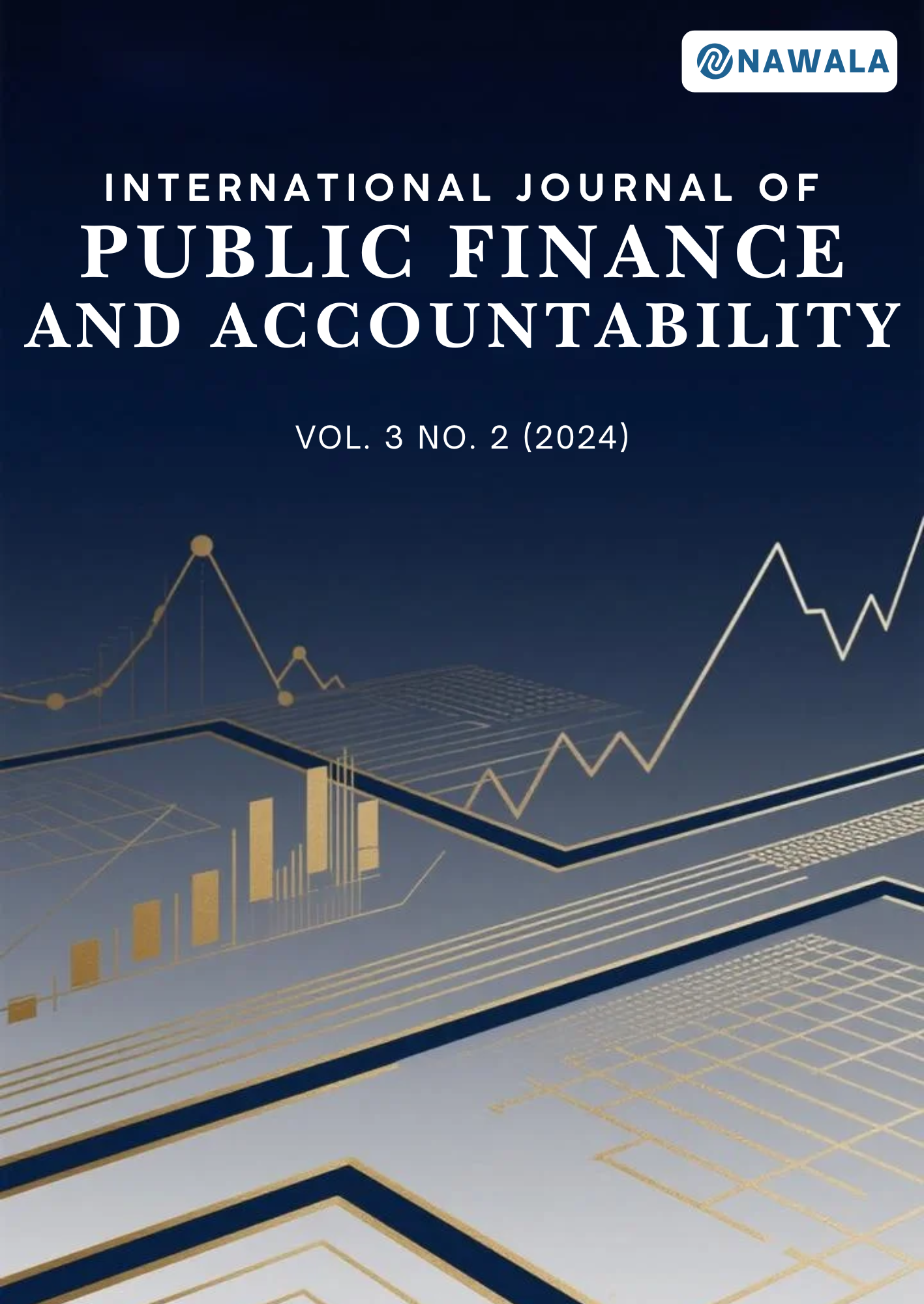Assessing the Role of Public Auditing in Promoting Financial Inclusion Policies
Keywords:
Accountability, Financial Inclusion, Public Auditing, TransparencyAbstract
This study examines the role of public auditing in promoting financial inclusion policies, focusing on how effective audit mechanisms enhance transparency, accountability, and efficiency in public financial management. The main question addressed is whether auditing functions can indirectly expand access to formal financial services by improving the governance of inclusion-oriented programs. Using a systematic literature review, the study synthesizes evidence from peer-reviewed research to identify key pathways linking auditing practices with inclusion outcomes. Results indicate that robust audits help reduce resource leakages, verify beneficiary eligibility, and strengthen public trust in government-managed financial initiatives. The discussion highlights how the integration of auditing with policy design and digital infrastructure amplifies these effects, particularly in low- and middle-income countries. The findings suggest that aligning audit objectives with inclusion goals can foster more equitable access to financial services, contributing to broader economic and social development.





